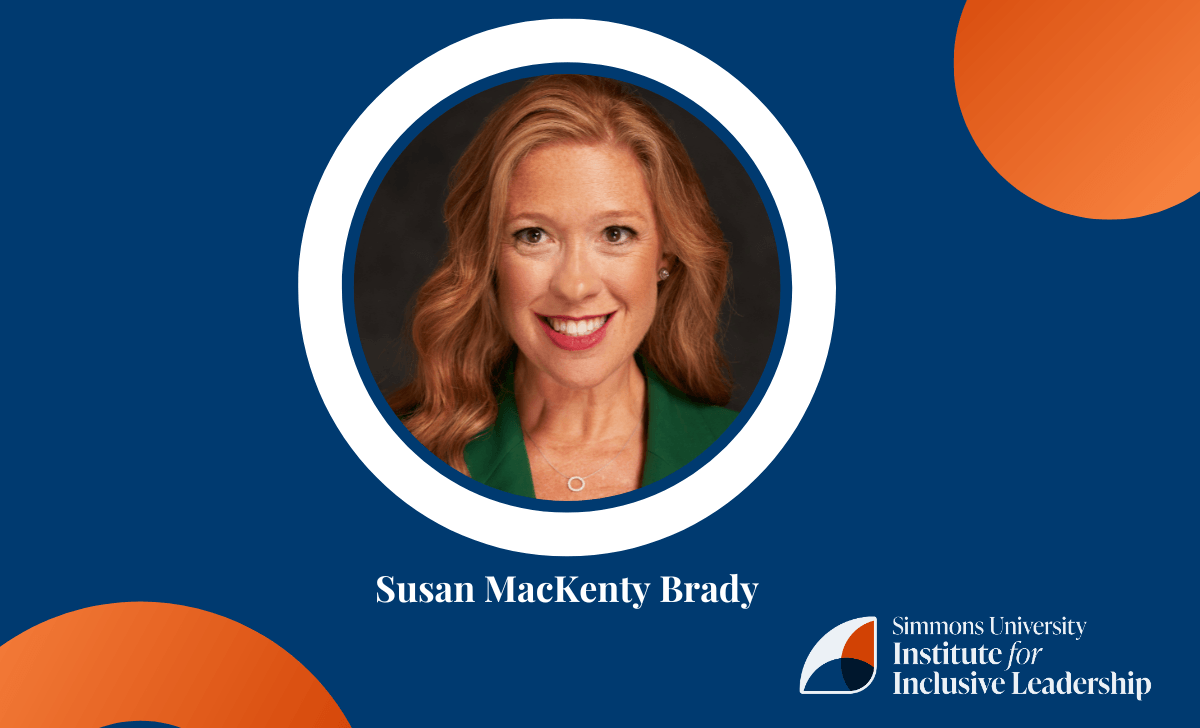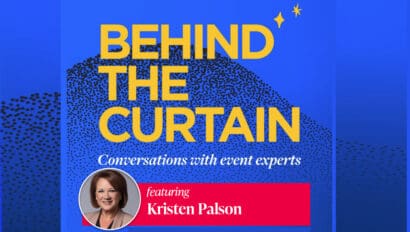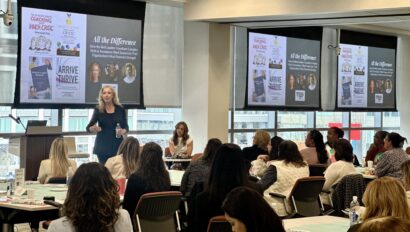Research & Insights
Ladies and Gentlemen… Let’s Stop the Criticisms and Help Each Other Toward Inclusivity

What’s more damaging? A reference to women as “ladies” in one email by a superintendent finalist or the societal impact of Easthampton, Massachusetts, public schools rescinding the offer in response?
Referring to women or young women as “ladies” is certainly old school. Times have changed since my (now deceased) grandmother would take offense if she was referred to as anything but a lady and my 82-year-old mother still calls her peer friends “girls.”
But my mother and her mother were largely of the mind that their responsibility was to curate the social circle, entertain, and keep themselves attractive for their husbands. They also are the products of “finishing school,” and thus had limited independent earning capacity. Their entire identity was living up to what it meant to be a lady. Dignified. Put together. Respected and respectful. Polite. Graceful. Worthy of being chosen by a man to marry.
Missing the Plot
The use of the word “lady” in our culture has its historical merit. The insinuation that an educational leader who doesn’t see this word as out of date (and who therefore might not be hip to honoring women’s empowerment) isn’t wrong.
But please, let’s not defend the use of the word “ladies” and instead talk about the actual issue.
The issue is the cancel.
A Missed Learning Opportunity
Here is what would have been inclusive learning: The recipient of the email found the use of “ladies” concerning because it runs the risk of being out of touch — having unintended impact. The person/s who found this to be of concern calls the candidate and says: “We imagine your intent was X (good – polite – whatever), and, we found your impact to be Y (left us thinking you might be out of touch, lacking sensitivity to women, etc.).
THIS discussion — if framed as a learning conversation — is a GREAT way to better know how flexible the future superintendent’s thinking is; how humble his intellectual prowess is. Alas, by what has been shared, there doesn’t seem to have been opportunity for intellectual humility or grace by the candidate. An educator wasn’t given the opportunity to learn and grow. An ideal ending to the “good-do” version of this story is the candidate himself telling stories about how he is growing and learning as a leader and how he is grateful for these moments of learning. This creates more, not less, psychological safety and more, not less, inclusive conversations.
Eliminating a qualified professional from an important job is a loss to any school system. An even greater loss is the missed opportunity this email might have had for learning. If we allow no margin for error, we are only perpetuating a fear-based, right-wrong, blame and shame approach, which doesn’t help anyone who is well-intended see how some words have an impact they don’t intend.
Evolve and Grow Together
If we continue to snuff out good leaders for their old-style language, how will we ever engage thoughtful people to learn and grow as the impact of language evolves and changes? We need more and better leaders, but if the risk of saying something out of touch is literally career damaging or perhaps ending, why would the best among us want to lead? Why would we put ourselves — never mind our families and our livelihoods through this?
How will women like me ever help men overcome their fears to support the organized advancement of women if they are struck down for every misstep?
We all can do better than this, and our educational institutions most of all should be the models.
If this superintendent candidate had a history of aggression toward women, a lack of respect toward women, or inequitable treatment of students or teachers or administrators with whom he worked before — he shouldn’t have been offered the job. But from what is understood, this isn’t the case.
So, let’s not rush to judgment about men (or anyone else) who use words they were raised to believe are honorable and respectful of others and instead learn together how to learn together.
NOTE: Elisa van Dam, Vice President of Allyship and Inclusion at the Institute, shared her thoughts about the use of the word “ladies” in a Boston Globe article that pondered if the term can be considered a microagression.



